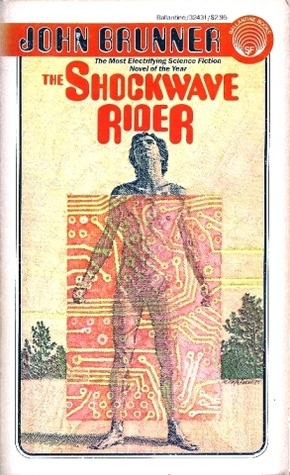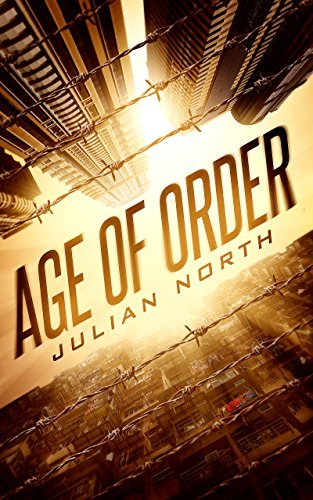
Brave New World and Brave New World Revisited
Book Description
Imagine a world where happiness is synthetic, and freedom is a distant memory. In "Brave New World," explore a chilling society that prioritizes pleasure over individuality, where technology governs life and love is manufactured. But Huxley doesn’t stop there; "Brave New World Revisited" pulls back the curtain, dissecting the perils of conformity and the quest for true meaning in an age of distraction. As societies teeter on the brink of artificial bliss, what will it take to rediscover authenticity? Can humanity reclaim its soul, or will it remain ensnared in the chains of its own making?
Quick Book Summary
"Brave New World" by Aldous Huxley envisions a dystopian future where society is engineered for superficial contentment and stability, prioritizing pleasure, homogeneity, and technological control over individuality and freedom. Citizens are conditioned from birth, prescribed emotion-numbing drugs, and organized into rigid castes—love, family, and personal ambition sacrificed for social order. "Brave New World Revisited" serves as Huxley’s reflective critique, examining the disturbing parallels between his fictional society and contemporary trends. Through essays, he warns against mass conformity, unchecked technological advancement, overpopulation, and the suppression of intellectual curiosity. Huxley's two works together pose probing questions about authenticity, autonomy, and the human spirit in a world increasingly tempted by comfort and control. Ultimately, he challenges readers to seek meaning beyond artificial happiness and to defend the soul’s irreducible need for freedom and truth.
Summary of Key Ideas
Table of Contents
The Illusion of Happiness and Control
The world of "Brave New World" is meticulously constructed for happiness and social order, achieved through technological mastery and psychological conditioning. Every aspect of human life is controlled: citizens are genetically engineered into predetermined castes, conditioned to enjoy their assigned roles, and regularly consume a drug called soma to suppress any anxiety or discontent. Consumerism and superficial pleasures are relentlessly promoted, ensuring that people remain docile, distracted, and compliant.
The Erasure of Individuality
Individuality is sacrificed on the altar of stability in the World State. Deep thinking, meaningful relationships, and the pursuit of personal identity are viewed as dangerous threats to the social fabric. Sexual freedom replaces emotional intimacy, families are abolished, and traditional art and literature are suppressed. Those who question or resist—like the protagonist Bernard Marx or the "Savage," John—find themselves alienated and, ultimately, exiled or destroyed. The cost of peace and predictability, the novel suggests, is the erosion of the human soul and the loss of authentic experience.
Technology as a Tool of Oppression
In "Brave New World Revisited," Huxley analyzes the plausibility of his dystopia in light of mid-20th-century realities. He identifies emerging dangers such as population growth, propaganda, and quiescent technologies that seduce people into passivity. Huxley discusses the risk of totalitarian regimes exploiting psychological techniques for mass control and the growing menace of corporate and governmental powers eroding critical thinking and dissent. He laments humanity’s willingness to exchange liberty for comfort.
Conformity Versus Authenticity
Huxley’s two works together underline the tension between conformity and authenticity. While engineered pleasure can eradicate obvious forms of suffering, it also dulls curiosity, suppresses creativity, and stifles resistance to injustice. The antidote, Huxley asserts in his essays, lies in cherishing intellectual freedom, fostering genuine connections, and remaining vigilant against the encroachment of dehumanizing systems.
Warnings for the Modern World
Ultimately, "Brave New World" and "Brave New World Revisited" form a prescient warning about the seductive dangers of false utopias. Huxley challenges readers to recognize the value of discomfort, the necessity of choice, and the complexity of human fulfillment. As modern societies increasingly embrace convenience and uniformity, the books urge us to defend individuality and meaning in the face of entropy and control.
Download This Summary
Get a free PDF of this summary instantly — no email required.





